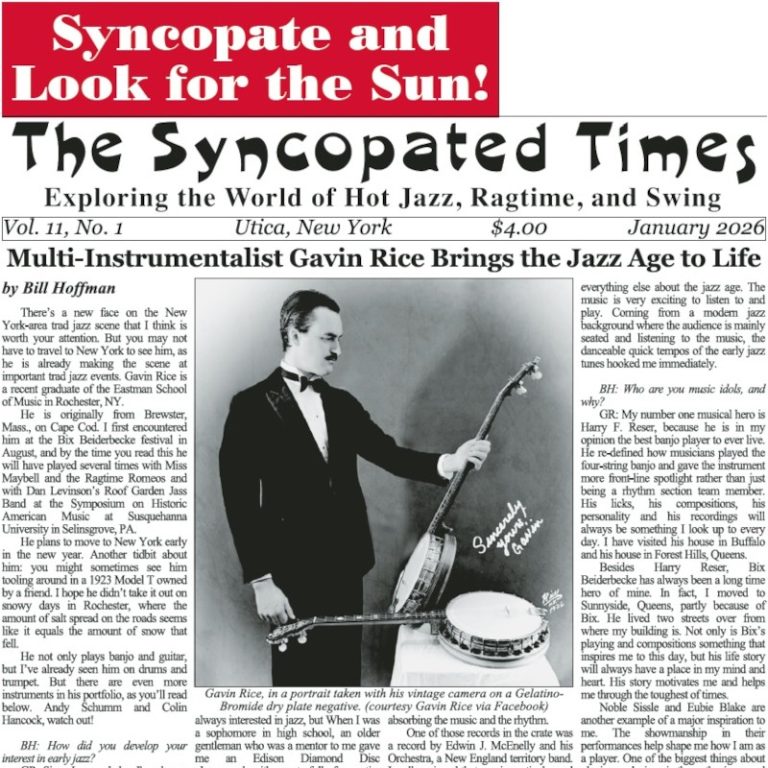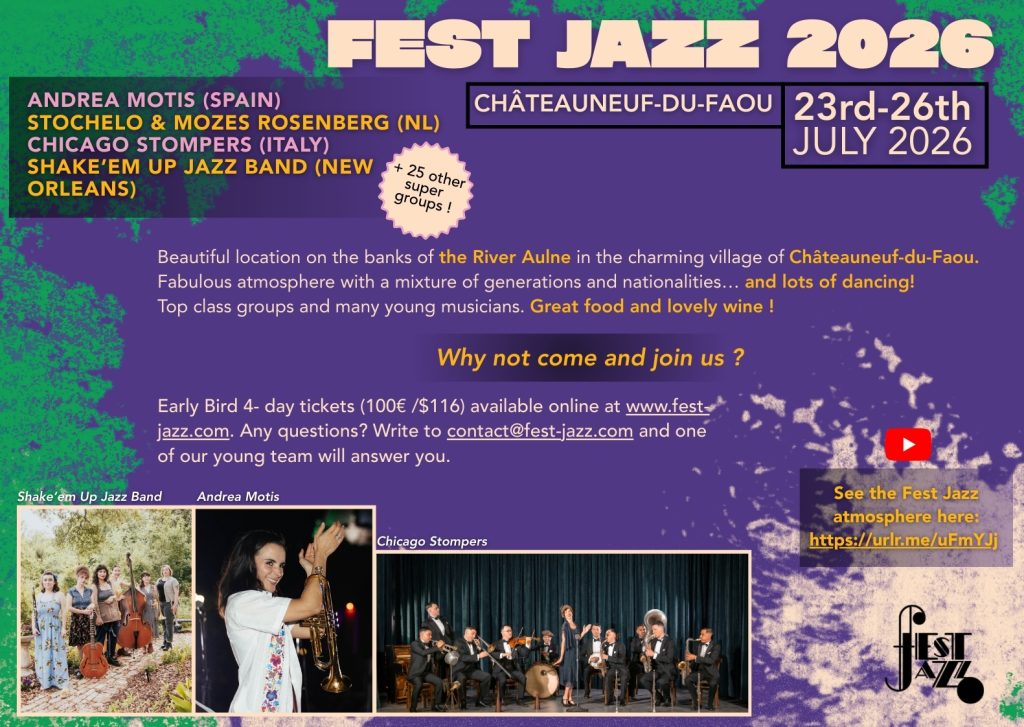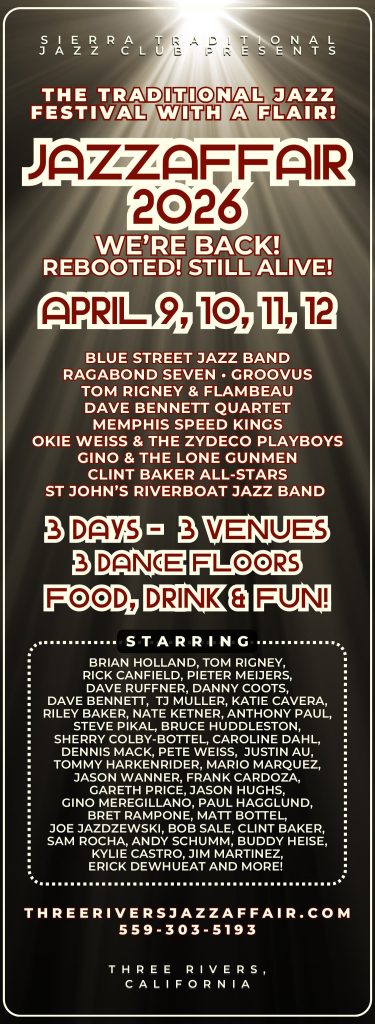Jazz musicians work hard and have to hustle. They seek out gigs and venues. They are more often than not their own managers, publicists, or at the very least travel agents. And this is frequently while trying to grow as artists and provide fresh and new entertainment for an ever changing audience. As such, jazz musicians have to be resilient, and this resilience has been just as critical to the survival of our music as the change and development of the art itself. It’s why in times of crisis, jazz and the arts in general survive despite the fact that they are among the hardest hit.
But for the masses, it is hard to focus on the arts in times of crisis. It can seem frivolous or unimportant, especially if the genre may seem niche. When you have policies that already de-prioritize the arts in general, it only gets more difficult. But the survival of our music, and more than that, our identity, depends on the above mentioned resilience, and make no mistake, musicians are incredibly adaptable.
A huge reason for the spread of our music in its earliest days was the closing of Storyville due to the spread of disease. Musicians moved elsewhere to find work, and it worked out. It’s also why many musicians have always had side jobs, like during the Great Depression when Sidney Bechet and Tommy Ladnier ran a tailor shop. We have to be resilient, no matter what. But our music also depend
You've read three articles this month! That makes you one of a rare breed, the true jazz fan!
The Syncopated Times is a monthly publication covering traditional jazz, ragtime and swing. We have the best historic content anywhere, and are the only American publication covering artists and bands currently playing Hot Jazz, Vintage Swing, or Ragtime. Our writers are legends themselves, paid to bring you the best coverage possible. Advertising will never be enough to keep these stories coming, we need your SUBSCRIPTION. Get unlimited access for $30 a year or $50 for two.
Not ready to pay for jazz yet? Register a Free Account for two weeks of unlimited access without nags or pop ups.
Already Registered? Log In
If you shouldn't be seeing this because you already logged in try refreshing the page.




